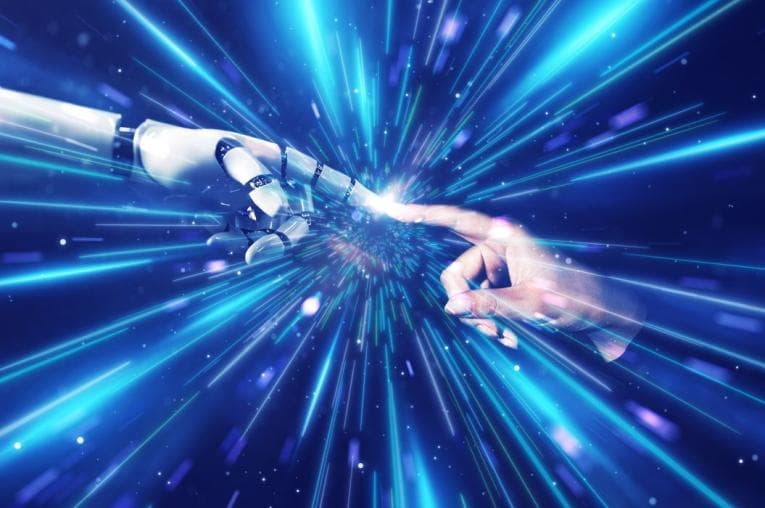
We mistake information we've googled for our own knowledge
Emily Reynolds is a staff writer for BPS Research Digest.
13 December 2021
In many ways, the internet has democratised knowledge, allowing people to access more information than they could possibly dream of reading. No matter where your interests lie, there is almost certainly something new to learn online.
But is this immediately accessible trove of information making us confused about what knowledge is ours and what is the internet's? According to a new paper, it might be.
Authored by Adrian F. Ward of University of Texas at Austin and published in PNAS, the series of eight studies finds that those searching online are sometimes unable to distinguish what knowledge belongs to them and what belongs to the internet — and that it could even cause unwarranted overconfidence in our future attempts to remember things.
In the first study, participants answered ten general knowledge questions, either by themselves or with the help of Google. They then completed measures of self-esteem in relation to memory, agreeing or disagreeing with statements on ability to remember ("I have a better memory than most people"), process ("I am smart"), and access ("When I don't know the answer to a question, I know where to find it") information.
Participants who used Google unsurprisingly answered significantly more questions correctly than those who relied on their memory — and they were, again unsurprisingly, more confident in their ability to access external knowledge. But, importantly, they were also significantly more confident in their own memory, suggesting that using Google or other search engines can make people feel more capable.
In another study, participants who completed the test with the help of Google predicted that they would perform better on a second test, during which they would have no access to any external knowledge at all, than those who hadn't used Google. However, these participants didn't perform any better in reality, suggesting that access to the internet can generate unwarranted confidence in knowledge and memory.
In a further experiment, a new condition was introduced in which participants were asked to write down their own answers before searching online. Compared to participants who used Google as normal, these participants were significantly less confident in their own memory and less likely to assume they would know the answers in future, suggesting this extra step had prevented mistakes usually made when we search online.
Next, an experiment looked at how knowledge attribution changes based on the difficulty of questions, with participants randomly assigned to answer easy, medium or hard questions with or without Google.
Once again, those who answered moderately difficult questions were significantly more confident in their knowledge after using Google than after answering questions on their own, and also believed they were smarter and had a better memory, and that they would do well in the future without the help of a search engine.
However, using Google had no effect for people answering easy questions, and only affected predictions about future performance for people answering hard questions. The team suggests we know with more certainty whether or not we know the answers to easy or hard questions, while those of medium difficulty are harder to gauge.
In a final study, participants again answered general knowledge questions using both their memory and Google or Wikipedia; those in the Wikipedia condition were sent a direct link to the relevant information. After a short break, participants were shown the same questions again plus extra, new questions, and were again asked whether or not they had answered it from their own internal knowledge, the internet, or whether it was new.
Participants who used Google were far more likely to misattribute external knowledge to internal knowledge, as they had in previous studies, than those who had used Wikipedia. This suggests that people experience the accessing of information differently via search than they do from a more formal repository of information.
Overall, the studies don't suggest particularly good things about our grasp on our own knowledge and memory. On a basic level, this may not be too much of an issue — most of the time we can still access the internet when we need to look something up. But these distortions may cause us to learn less effectively when we do come across new knowledge that we need to keep hold of, assuming we already know it rather than seeing it as novel information worth hanging onto.
The team proposes this merging of human and online knowledge might not be such a bad thing, anyway: "perhaps this union will give rise to an 'Intermind' — a cognitive entity that is more and greater than the sum of its parts". This Intermind is probably a few years away yet — but it might at least ease some of the guilt the next time you use your phone to sneak a look at a pub quiz answer.


